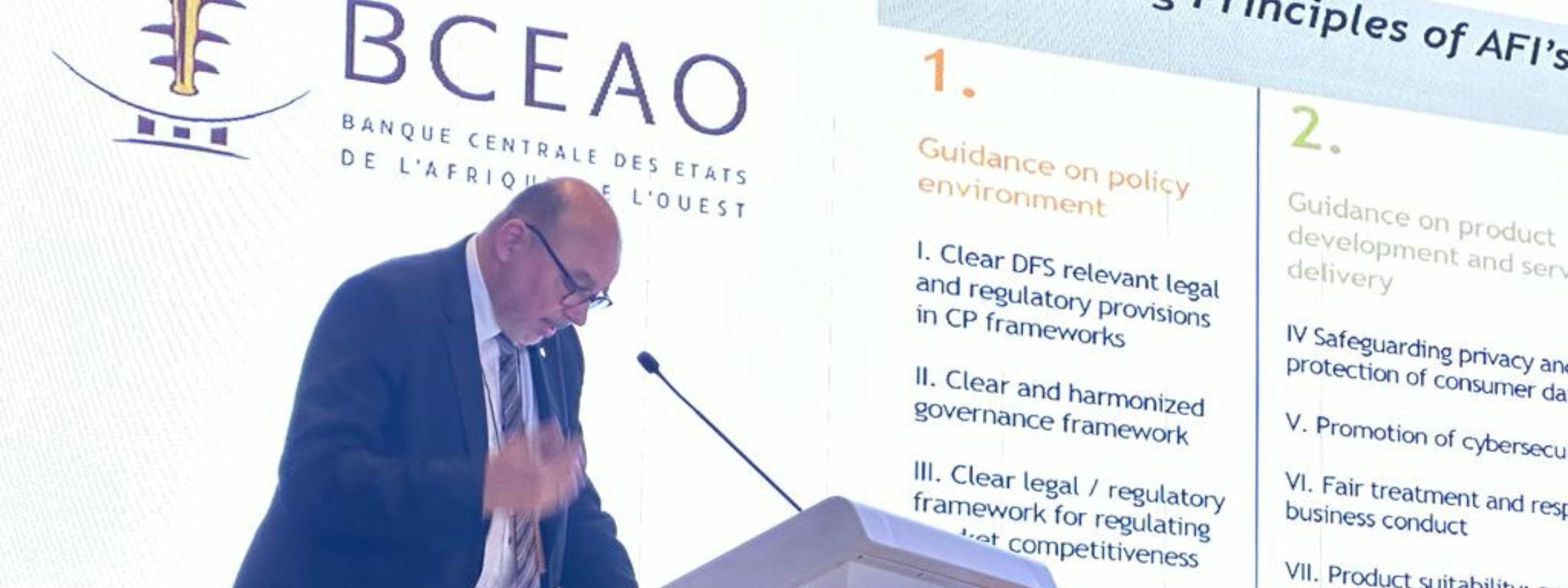In many countries, forcibly displaced people struggle to access financial products and build a sustainable livelihood, but things are different in Uganda. The country, which hosts the largest number of refugees and asylum seekers in Africa, views forcibly displaced people as an important asset, and is prioritizing their financial inclusion.
“Bringing the 1.5 million refugees in our country into the financial sector helps build their resilience and participate in the economy, and it reduces the burden on the government,” explains Alex Ochan, Head of Bank of Uganda’s Financial Inclusion Division.
A new National Financial Inclusion Strategy recognizes forcibly displaced people as a special interest group with the right to safe, affordable financial services. Bank of Uganda is working with stakeholders including UNHCR to facilitate their financial inclusion, for instance by allowing access to financial services with a refugee ID.
“Having the regulator accept the refugee ID and attestation as a requirement for opening a bank account and accessing financial services is a landmark achievement,” says Gerald Peter Emoyo, UNHCR Livelihoods Officer. “We now have hundreds of thousands of refugees with bank accounts.”
You can learn about how other AFI members are working to include forcibly displaced people on our website, and meet some of the refugees who are benefiting from Uganda’s policy in the video.

